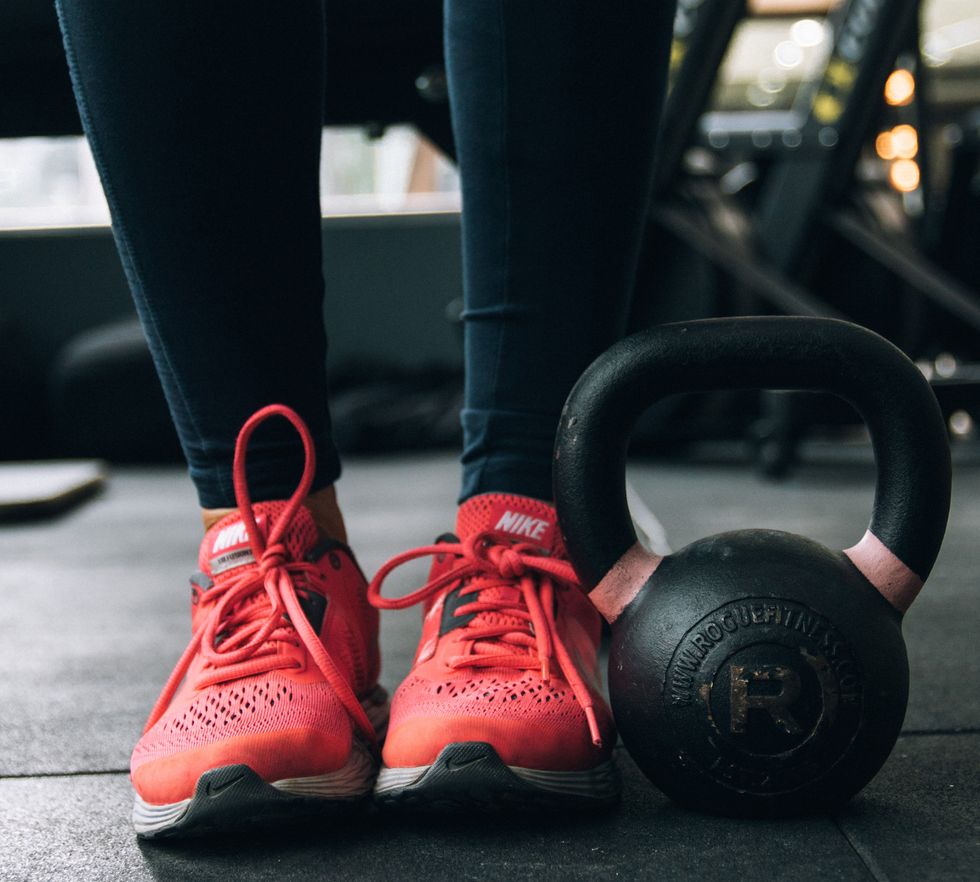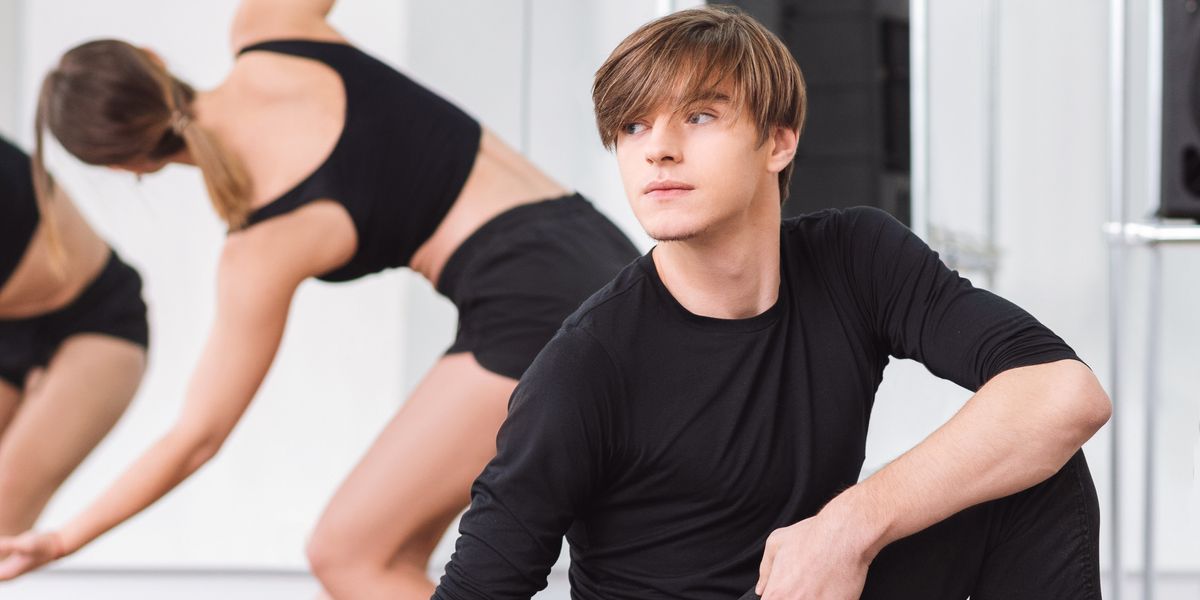Everything You Need to Do If You Get Injured in College
When you’re unable to dance, it’s easy to feel like you’re falling behind and losing out on opportunities. But this can be a time to reset your body and come back even stronger, says Ilana Goldman, BFA program director at Florida State University’s School of Dance. “Some of the greatest leaps I made in my technique happened because of injuries,” she says. “Learning how to deal with them is part of being a professional dancer.”
Take These Steps Right Away
 Don’t wait to see a doctor. Photo via Unsplash
Don’t wait to see a doctor. Photo via Unsplash
If you get injured, see a health care provider immediately—waiting will only set you back more, says Lauren McIntyre, athletic trainer at The Harkness Center for Dance Injuries at NYU Langone Health. Communicate with your faculty right away, and come up with a plan together about how to move forward. Know that injury can be hard emotionally, so take advantage of the mental health resources available at your school.
Heal Strategically
 You can still cross-train with your doctor’s approval. Photo via Unsplash
You can still cross-train with your doctor’s approval. Photo via Unsplash
Use the rehabilitation process to work on fundamentals and explore new somatic practices and conditioning ideas that you can continue to use after you’ve healed, suggests Goldman. You can also work on strengthening other parts of the body: If you have a stress fracture in your ankle, try building your core and arm strength. Ask your health care provider what kinds of cross-training options are safe for you; the gratification of working up a sweat could help you start to feel normal again, suggests McIntyre. And though it can be hard to eat healthy in a school cafeteria, if you eat better, you’ll heal better, says orthopedic surgeon Nancy Kadel, MD.
Stay Engaged
 If you aren’t able to dance, use your extra time to get ahead on your studies. Photo via Unsplash
If you aren’t able to dance, use your extra time to get ahead on your studies. Photo via Unsplash
Watch class and rehearsal, and notice everything from pedagogical techniques to how students are taking corrections, says Goldman. Explore other areas of dance: photography and videography, writing, rehearsal direction. Or, use your newfound free time to get ahead on academic work so you can focus on dancing once you’ve recovered.




